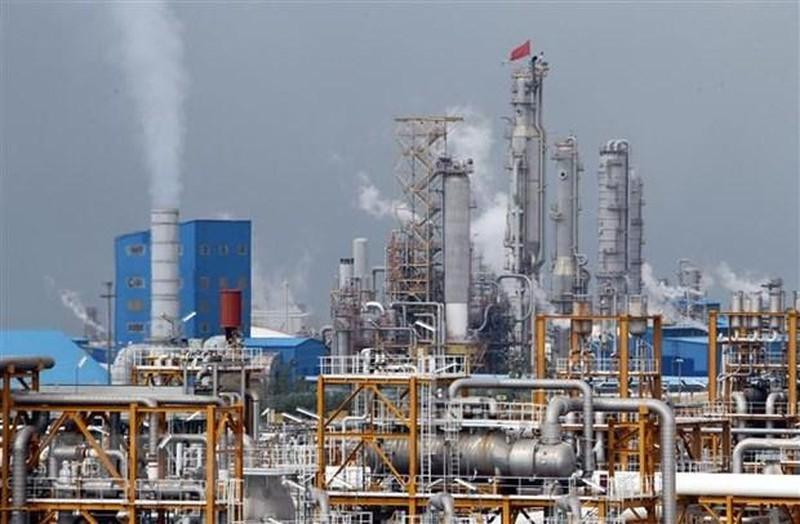However, in order to achieve the goal of energy self-reliance, the Blue Flag Alliance still has to find solutions for a series of difficult problems.
At a press conference following an informal meeting of EU energy ministers on October 12, Minister of Industry and Trade of the Czech Republic Jozef Síkela announced that countries had agreed on a common EU gas purchase agreement before the summer of 2023, while strengthening intra-regional solidarity, saving energy and reducing the impact of gas prices on electricity prices. The Czech official emphasized the argument that “buying in bulk, the price is cheaper” and that the EU should negotiate with gas suppliers to get the best price possible.
European Commissioner for Energy Kadri Simson also said that the joint gas purchase is necessary so that countries do not compete with each other. The EU has been quickly coming up with solutions to control escalating energy prices. She revealed that the European Commission (EC) will introduce additional measures next week to curb rising energy prices.
Earlier, EC President Ursula von der Leyen also confirmed that the agency would make a more detailed proposal on measures to lower energy prices before the European Summit in Brussels on October 20-21.
One of the most difficult problems facing the EU is consensus amongst members in decisions. Simson stressed that any new measures need a high consensus among member countries. The Minister for the Environment, Climate and Communications of Ireland, Eamon Ryan, said that all countries have agreed to take more action on energy issues, but they still need more time to come up with an exact implementation mechanism.
The majority of EU members support a price ceiling on gas but cannot agree on whether to apply a price ceiling to both gas transactions and long-term contracts or only to gas used for electricity production. Last June, Spain and Portugal imposed price ceilings on gas used to generate electricity, thereby lowering domestic electricity prices. The idea has drawn the attention of other member states despite concerns that the measure could increase EU gas demand.
At the Informal EU summit in the Czech Republic on October 7, the countries could not agree on a plan of a price ceiling on gas, discussed by the bloc for many weeks. Germany, Denmark and the Netherlands opposed the ceiling because they feared it would make it harder to buy gas and undermine efforts to encourage energy savings.
Meanwhile, Hungary maintains its opposition to EU sanctions targeting Russia's energy sector. Hungary repeatedly called on the EU to change its policy because according to Budapest, the sanctions do not bring the desired effect. Hungary warned that the energy crisis could last longer, because of geopolitical and security factors and that it requires longer-term solutions.
Another problem for the EU is reconciliation between the two goals of energy security and climate action. The EU set a target of being carbon neutral by 2050 and the EC has also made a legal proposal towards a 55% reduction in greenhouse gas emissions by 2030 compared to 1990. However, in response to the electricity shortage, many EU member states have resumed use of coal-fired power plants in recent weeks, directly affecting the bloc's climate ambitions.
Czech Industry and Trade Minister Sikela said that the common task is to reduce the impact of the energy crisis but each EU member has different ideas about the measures needed as well as the different conditions and benefits. In addition, according to analysts, energy crisis management also depends on the speed of action, coordination ability and financial capacity. These are also difficult problems for the EU.
















